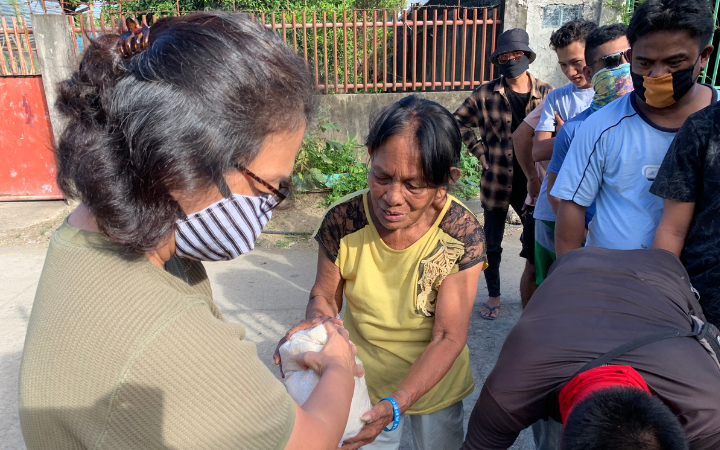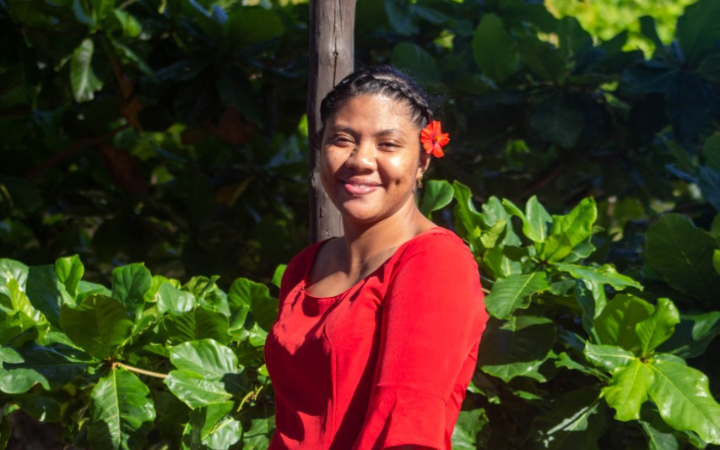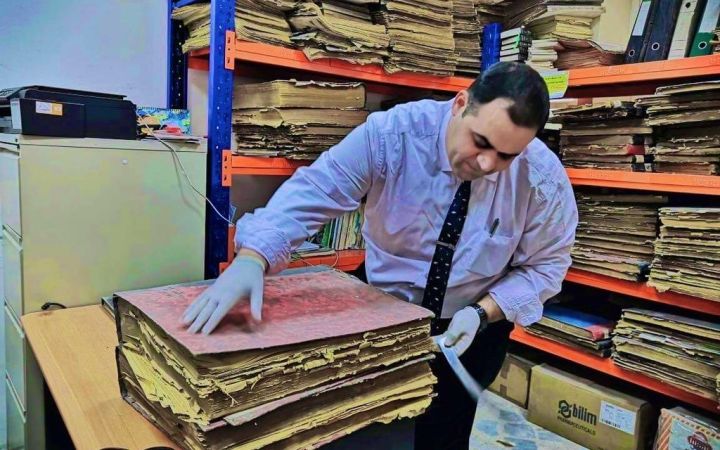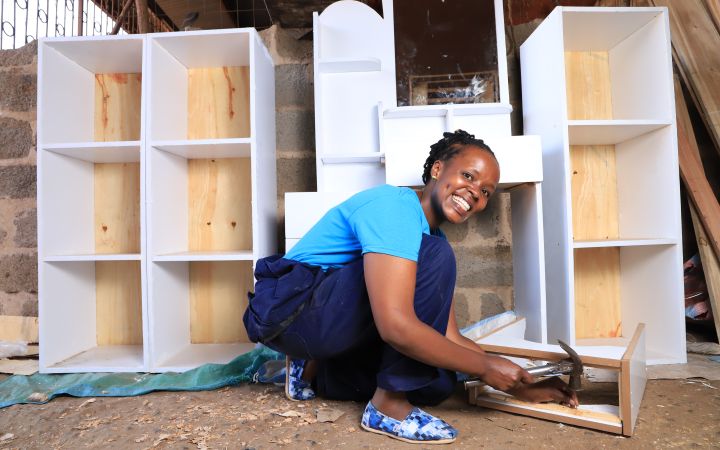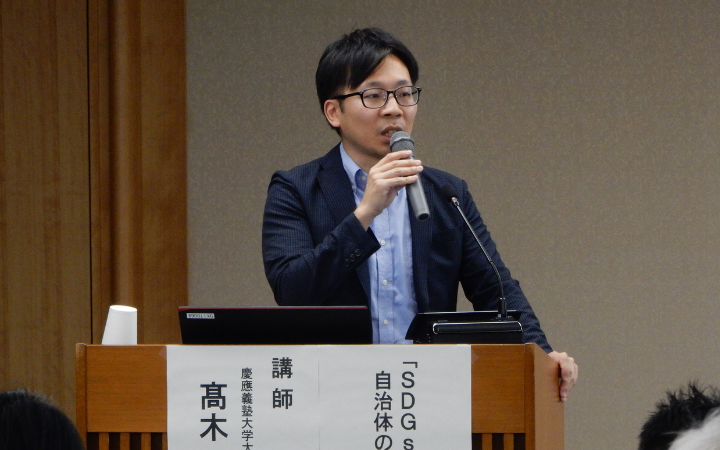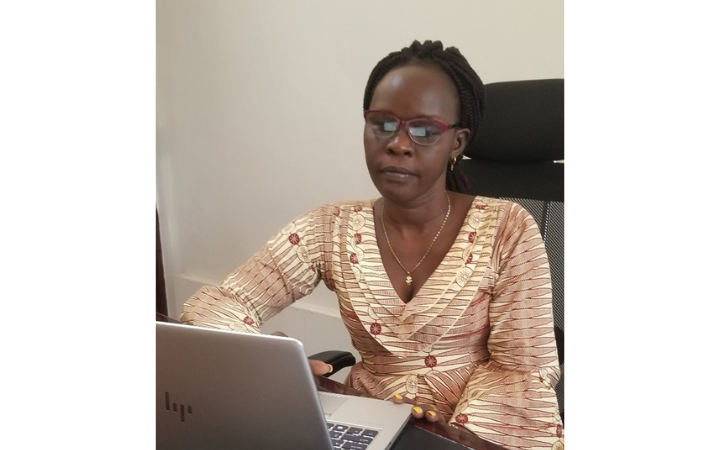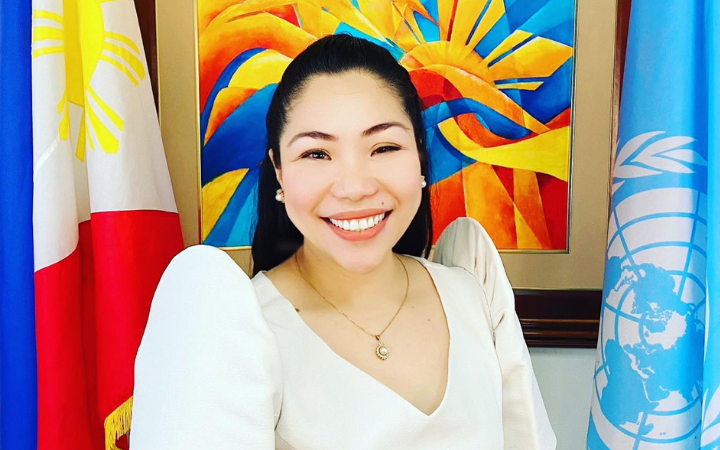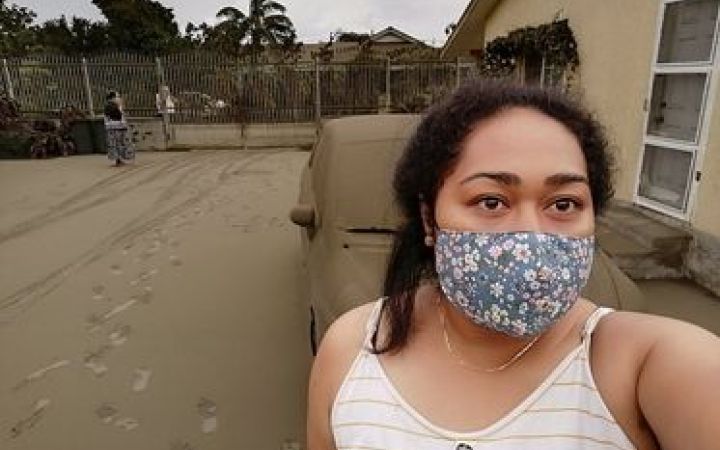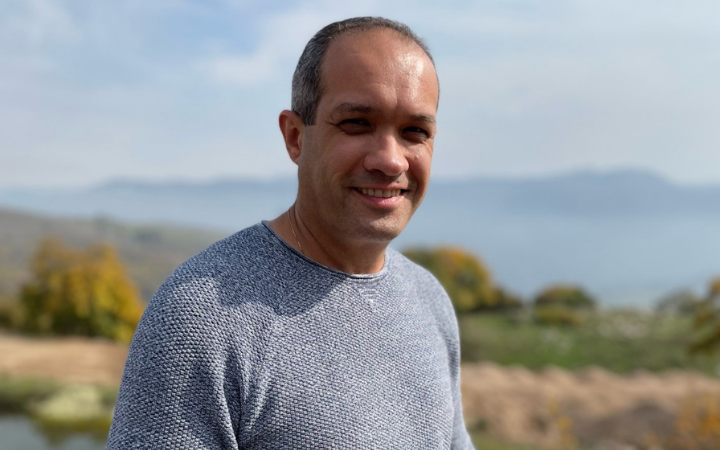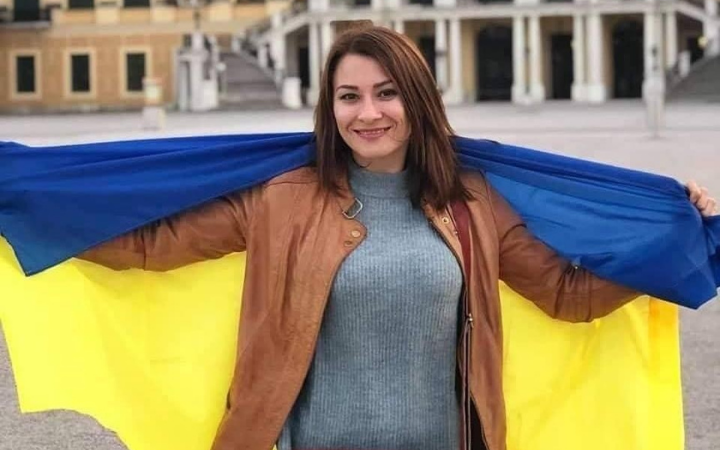Displaying 111 - 120 of 155
Ladylyn also volunteers with women leaders in a local government unit to create awareness of DRR-related issues. Currently, she has participated in some meetings with the women’s group and she expects to dedicate more time to her volunteer work in the incoming months.
August 2022, Hiroshima, Japan – Empowering any people who are marginalized in society is no easy task and that is true for the deaf community in Samoa. Maselina Iuta, founding member and project officer for the Deaf Association of Samoa, joined the UNITAR disaster risk reduction programme in her drive to promote representation and inclusion of the deaf community in her country.
July 2022, Hiroshima Japan – In June 2014, the Islamic State of Iraq and the Levant (ISIL/Da’esh), also known as ISIS, attacked the town of Mosul in Iraq, destroying homes, displacing thousands, and claiming the city and everything in it for their own. The residents of Mosul, including Sayf Al Ashqar, lost everything they and their families had built over decades.
June 2022 – In Machakos, Kenya, Mwikali Munyao runs her carpentry business, taking orders online and creating wood furniture for local customers. Mwikali didn’t start off as a carpenter or a business owner, but the COVID-19 pandemic took her job as a customer service representative. It transformed her life.
June 2022, Hiroshima, Japan – “It’s not enough to search for connections with the Sustainable Development Goals (SDGs). We have to put the SDGs to use and update our principles and policies to reflect them,” says Cosmo Takagaki, Project Research Associate at Keio University and Research Associate of United Nations University Institute for the Advanced Study of Sustainability. Cosmo has been a lecturer for the UNITAR Hiroshima Youth Ambassador Program since 2020, and is active as an advisor on the Sustainable Development Goals.
June 2022, Hiroshima, Japan – In a country that has gone through multiple wars and conflicts in past decades , it is not easy to create consensus around peacebuilding, get buy-in from citizens and advance it, even drop by drop. Chol Gatkek Tut, Acting Director General for Peace and Social Cohesion, Ministry of Peacebuilding of South Sudan, has been striving to bring people together since she was a teenager.
The Philippines has been committed to and takes pride in its agreement to nuclear disarmament and non-proliferation. The Philippines does not own nor possess and is not in control of nuclear weapon despite its maritime vulnerability as an archipelago.
April 2022 - The volcanic eruption and subsequent tsunami that hit Tonga in early 2022 is a stark reminder of the reality of disasters, and the fact that a disaster, can hit anywhere at any time and render communities vulnerable to massive damages. Mele Moimoi, a disaster risk reduction trainer at Tonga National Council of Churches (TNCC), and an alumna of UNITAR programme in 2021, tells her story.
“The knowledge I received during the seminar is very helpful here. It helps me to analyze policies and strategies correctly, define and set the goals of the strategic directions correctly, and use this experience in developing action plans and project ideas”.
The course arrived at an opportune moment for Tetiana as besides providing better comprehension of food reserves in her region and establishing what more can be done to improve the system and share experiences with partners, it also expanded her knowledge in analyzing food security issues.


